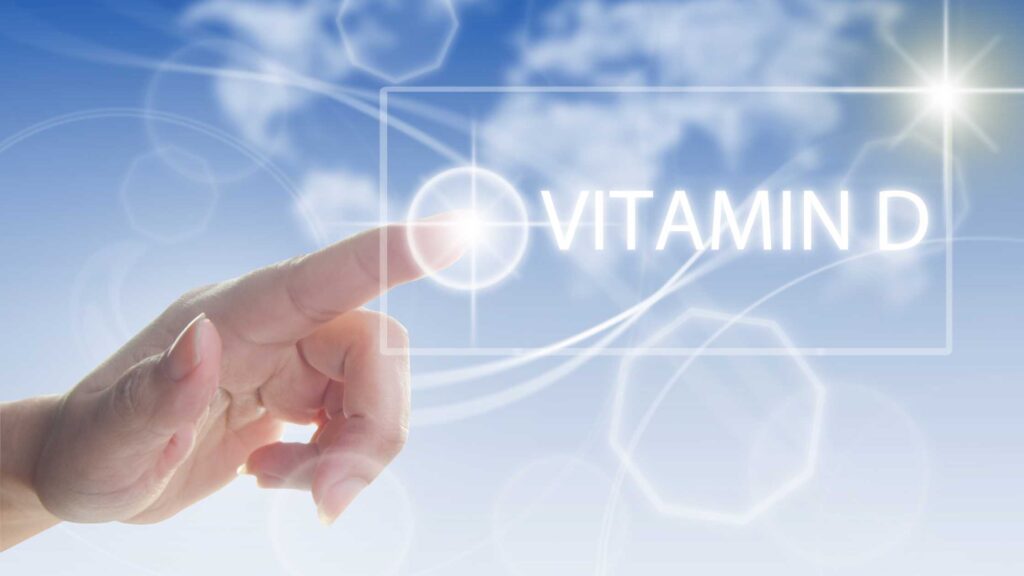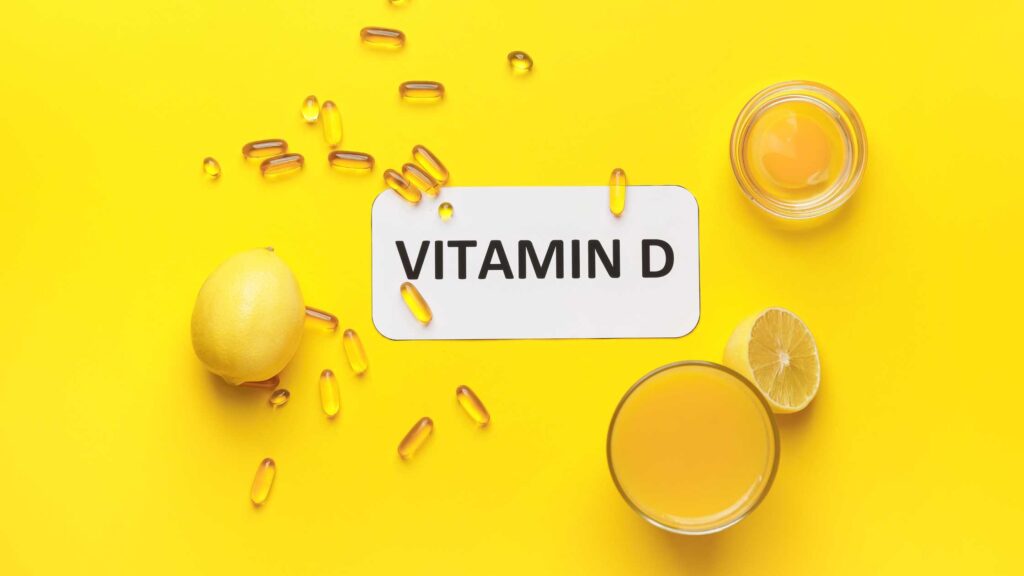Hair loss can be a frustrating experience, impacting not just your appearance but also your confidence. While genetics often play a role, nutritional deficiencies can also contribute to thinning locks. Vitamin D deficiency.
Understanding Vitamin D: The Sunshine Vitamin
Vitamin D, also known as the sunshine vitamin, is essential for various bodily functions, including bone health, immune system function, and cell growth. Our bodies can synthesize vitamin D through sun exposure, but dietary intake also plays a crucial role.
Forms of vitamin D

- Vitamin D2 (ergocalciferol): Found in plant sources like fortified vegan milk and mushrooms.
- Vitamin D3 (cholecalciferol): Produced naturally by the skin in response to sunlight and found in animal sources like fatty fish and egg yolks.
- Vitamin D3 is generally considered the more bioavailable form, meaning your body absorbs it more efficiently.
The Hairy Truth: How Vitamin D Deficiency Might Affect Hair Growth
Hair follicles are constantly cycling through growth, resting, and shedding phases. Vitamin D receptors are present in these follicles, suggesting a role in regulating hair growth. Studies have shown a potential connection between vitamin D deficiency and various hair loss conditions:
- Alopecia Areata: An autoimmune disease causing patchy hair loss. Research suggests people with alopecia areata often have lower vitamin D levels [study on vitamin D deficiency and alopecia areata].
- Telogen Effluvium: This temporary hair loss can be triggered by stress, illness, or nutritional deficiencies, including vitamin D deficiency [study on vitamin D deficiency and telogen effluvium].
- Androgenetic Alopecia (Pattern Baldness): While genetics play a primary role, a 2021 review found a possible link between low vitamin D levels and this common type of hair loss [study on vitamin D deficiency and androgenetic alopecia].
While the research is promising, more robust studies are needed to definitively establish vitamin D deficiency as the sole cause of hair loss. However, ensuring adequate vitamin D levels can certainly contribute to overall hair health.
Precautions While Using Vitamin D for Hair Loss

While supplementing with vitamin D might seem like a simple solution, there are some precautions to consider:
- Consult your doctor: Before starting any supplements, discuss your individual needs and vitamin D status with your doctor. They can recommend the appropriate dosage based on your blood test results.
- Too much can be harmful: Excessive vitamin D intake can lead to toxicity, so exceeding recommended dosages is dangerous.
- Underlying causes: Vitamin D deficiency might not be the sole culprit behind your hair loss. It’s crucial to consult a dermatologist to rule out other potential causes.
Important Tips for Optimal Hair Health
Here are some additional tips to promote healthy hair growth, alongside maintaining adequate vitamin D levels:
- Balanced Diet: Consume a diet rich in nutrients that support hair health, including protein, iron, zinc, and omega-3 fatty acids.
- Gentle Hair Care: Avoid tight hairstyles, harsh chemicals, and excessive heat styling, which can damage hair.
- Manage Stress: Chronic stress can contribute to hair loss. Practice stress-reduction techniques like yoga or meditation.
- Scalp Care: Maintain a clean scalp by washing regularly and gently massaging to promote blood circulation.
Hair Health: Beyond Vitamin D
While vitamin D plays a role, a well-rounded diet is crucial for promoting healthy hair growth. Here are some additional dietary components to consider:
- Protein: The building block of hair, protein is essential for hair follicle repair and growth. Lean meats, poultry, fish, eggs, legumes, and nuts are all excellent sources.
- Iron: Deficiencies in iron can lead to hair loss. Include iron-rich foods like red meat, lentils, spinach, and fortified cereals in your diet.
- Zinc: This mineral plays a vital role in cell division and protein synthesis, both of which are crucial for hair growth. Oysters, pumpkin seeds, chickpeas, and lean red meat are good sources of zinc.
- Omega-3 Fatty Acids: These healthy fats contribute to scalp health and hair hydration. Fatty fish like salmon, flaxseeds, walnuts, and chia seeds are rich in omega-3s.
- Biotin: Often touted as a hair growth miracle vitamin, biotin is part of the B vitamin complex and helps convert food into energy, which hair follicles need for growth. Eggs, nuts, avocados, and sweet potatoes are good sources of biotin.
some excellent sources of vitamin D:
- Fatty Fish: Salmon, mackerel, tuna, and sardines are packed with vitamin D3, the most bioavailable form.
- Egg Yolks: A readily available source of vitamin D3 and other hair-nourishing nutrients like protein and biotin.
- Beef Liver: An excellent source of vitamin D3 and other essential nutrients like iron and B vitamins for hair health.
- Mushrooms: Fortified mushrooms are a great vegetarian source of vitamin D2.
- Fortified Foods: Many breakfast cereals, milk alternatives, and orange juice are fortified with vitamin D2. Be sure to check the label for vitamin D content.